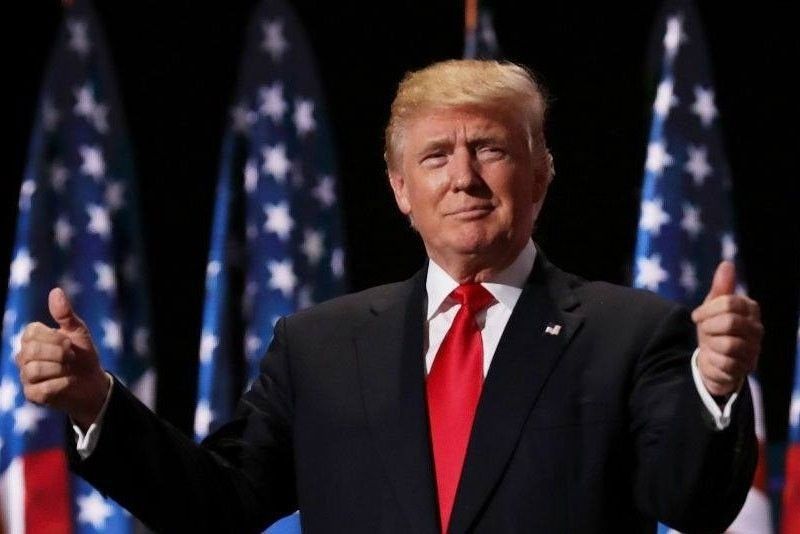‘Trump 2.0 poses risks to energy transition in Asia’
By Brix Lelis – April 4, 2025 | 12:00am
from The Philippine Star

Energy Undersecretary Rowena Cristina Guevara, alongside top executives from some of the country’s renewable power firms, highlighted how Trump’s policies have created headwinds in the region’s energy landscape.
Donald Trump Campaign / File
MANILA, Philippines — The firm stance of US President Donald Trump against renewables could slow the energy transition in Asia, but Philippine energy executives are seeing a silver lining in these emerging challenges.
Energy Undersecretary Rowena Cristina Guevara, alongside top executives from some of the country’s renewable power firms, highlighted how Trump’s policies have created headwinds in the region’s energy landscape.
“It is possible that there is an impact with the Trump administration and the decisions the United States is making these days,” Guevara said at the Asia CEO Renewable Energy Forum yesterday.
Trump, who consistently denies the climate crisis, continues to make headlines with his push for more fossil fuel extraction, staunch opposition to clean energy sources and controversial tariffs targeting some countries.
On his first day in office, Trump even signed an executive order pulling out the US from the Paris Agreement, an international treaty on climate change mitigation adopted in 2015.
ACEN Corp. president and CEO Eric Francia said Trump’s “drill, baby, drill” campaign has caused “ much uncertainty in the mid- to long-term global supply demand.”
“There is a risk of stranded assets if you overbuild gas resources and so forth,” Francia said.
According to Francia, the sentiment and rhetoric have “clearly turned,” saying that some investors are now leaning on fossil fuels rather than clean energy.
Amid a potential slowdown in energy transition, Francia remains optimistic about the growth prospects in the Philippines on the back of investor-friendly energy policies and the “attractive” green energy market.
“We need to look at the impact of local and regional policies, and that is where we have a great silver lining and an opportunity to unlock opportunities in these challenges for the Philippines,” he said.
To achieve the country’s targets, Francia said the Philippines would need to “step on the gas pedal.”
Meanwhile, Oliver Tan, president and CEO at Citicore Renewable Energy Corp., said US investments in energy transition had been “flattish” even before Trump returned to the White House.
While government policies can influence capital flow, Tan said “smart money” would still find its way to areas where there are promising investment opportunities.
“And the Philippines, today, is a very compelling investment thesis for funds that eventually will come,” he said.
For Guevara, global challenges could be an opportunity for the Philippines and other countries in Asia to “flourish.”
“We can have partnerships among us, and we do have leaders in Asia like China, Japan, Korea, and India already leading the renewable energy market,” she added.
Under the Philippine Energy Plan, the government wants to scale up the share of renewables in the energy mix to 35 percent by 2030 from the current 22 percent.


